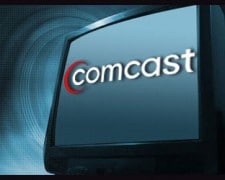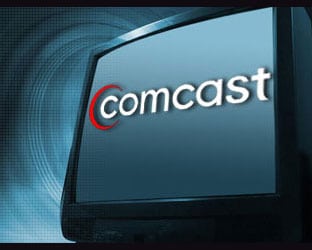 Cable companies led by Comcast are close to winning FCC approval to start encrypting basic- tier signals in a move to fight theft and reduce service calls.
Cable companies led by Comcast are close to winning FCC approval to start encrypting basic- tier signals in a move to fight theft and reduce service calls.
FCC Chairman Julius Genachowski has asked fellow commissioners to lift an encryption prohibition in place since 1994, Commission officials told Bloomberg 8/29.
The agency last year proposed allowing encryption following requests from companies, including New York-area provider Cablevision Systems and RCN.
Almost one-fifth of 134 households whose cable connections were cut off by RCN during an audit in Chicago last year subsequently contacted the company to subscribe, “clear evidence that they had previously been viewing cable without paying,” the company told the FCC in a filing last year.
Cablevision found that, when it encrypted basic service under a waiver from the FCC, it almost eliminated the need to send crews in trucks to disconnect service, Cablevision told the Commission in a filing.
“Cablevision’s experience proves the environmental benefits of eliminating the encryption prohibition,” Cablevision said.
Encrypting the basic tier would let Comcast start and stop service remotely, which customers prefer to scheduling an appointment with a technician, Comcast said in a filing at the FCC.
RCN, based in Herndon, VA, said in a filing it was seeing rising levels of theft as cable systems replace analog service with digital signals that are easier to steal.
Television sets with modern tuners can receive the unencrypted basic-service package which is sent in digital format and includes local broadcast stations.
Cable companies already encrypt offerings on the more expensive programming tiers that aren’t regulated by the FCC and include a wider array of channels.
Genachowski’s proposal faces a vote and no deadline for action at the five-member agency where he is part of the 3-2 Democratic majority.
RBR-TVBR observation: There is absolutely no reason the cable companies should not be able to encrypt—and it will likely be approved. They have a right to protect their service from theft. The only downside of allowing it is that many less cable repair personnel will be needed to do disconnects that there will likely be significant job losses.





